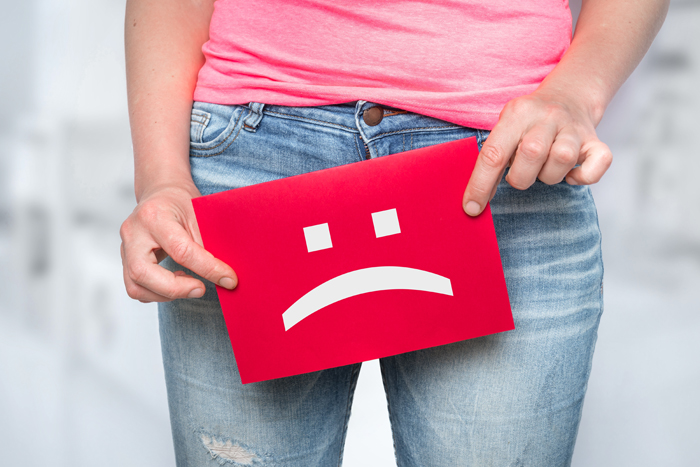Urine Incontinence Treatment in Koramangala, Bangalore
Urinary incontinence is an issue that affects people in their old age. It may be an embarrassing problem to accept and impacts the quality of life for many people.
To seek treatment, you can visit urology hospitals in Bangalore. Or you can search online for a urologist near me.
What is urinary incontinence?
Incontinence of urine means losing control of the bladder. It is a very common and embarrassing problem. It usually occurs in old age, however, it isn't an inevitable result of aging. Simple lifestyle changes and adequate health care can help you treat urinary incontinence.

What are the symptoms of urinary incontinence?
Most people have minor leakages while others may completely lose bladder functions.
- Incontinence because of pressure - when there is excessive pressure that is provided on the bladder such as sneezing or excess coughing, it can lead to urinary incontinence.
- Incontinence because of overflow - when the bladder does not empty itself correctly, a patient may suffer from overflow incontinence.
- Incontinence because of function - if a patient is suffering from physical difficulties and is unable to make it to the washroom in time, such as in cases of severe rheumatoid arthritis and arthritis. This is known as functional urinary incontinence.
- Mixed incontinence - if a patient is suffering from a mix of the above problems .
What are the causes of urinary incontinence?
Temporary urinary incontinence
Certain substances are called diuretics - basically, substances that increase the secretion of urine from your bladder. The include:
- Alcohol
- Chocolate
- Caffeine
- Spicy peppers
- Excess dose of Vitamin C
- Blood pressure medications
- It may also be caused by urinary tract infections or constipation.
Persistent urinary incontinence
It can be because of pregnancy, childbirth or urinary obstruction. It can also be because of aging and menopause. In certain conditions, enlargement of prostate and prostate cancer have caused urinary incontinence. Certain neurological deficit disorders like stroke, Parkinson's and spinal injury can also cause urinary incontinence.
When should you see your healthcare provider?
Some patients feel embarrassed about discussing urinary incontinence with their doctors, but if it has started affecting their quality of life it is essential to seek appropriate medical advice as soon as possible.
Urinary incontinence often forces people to limit their social interaction. It may also indicate underlying conditions which may be more serious and may require medical attention.
You can request an appointment at Apollo Spectra Hospitals, Koramangala, Bangalore.
Call 1860 500 2244 to book an appointment.
What are the risk factors?
There are certain factors that make you more prone to developing urinary incontinence.
- Gender - women likely develop, urinary incontinence because of childbirth menopause and urinary obstruction
- Age- aging causes muscle weakening in the bladder, can increase the chances of urinary incontinence
- Smoking - multiple studies have shown tobacco usage to have increased urinary incontinence
- Family history - if close members in your family suffer from this condition, you are likely to have a higher risk of developing this condition.
What are the complications associated with urinary incontinence?
- Rashes on the skin and multiple infections can develop from constantly wet skin
- Urinary tract infections
- Negative impact on quality of life
How can you prevent the development of urinary incontinence?
It is important to decrease the risk of developing this condition by:
- Maintaining a proper weight
- Exercising regularly
- Avoiding irritants of the bladder and diuretic substances
- Avoiding constipation by consuming more dietary fibers
- By quitting smoking
Anticholinergics along with estrogens are used for treating urinary incontinence. Along with this, imipramine, which is a tricyclic antidepressant, is also sometimes prescribed.
Surgery is an option only when therapies do not work. It may use sling procedures and artificial sphincters.
Excess consumption of alcohol can lead to urinary incontinence because alcohol is a diuretic substance.
Along with physical examination, history-taking and urine analysis are done to find infections or abnormalities. Healthcare providers also do a blood adrenal function test to correctly assess the functioning of the kidneys.
Symptoms
Our Top Specialities
NOTICE BOARD
CONTACT US
CONTACT US
 Book Appointment
Book Appointment


.svg)
.svg)
.svg)
.svg)








